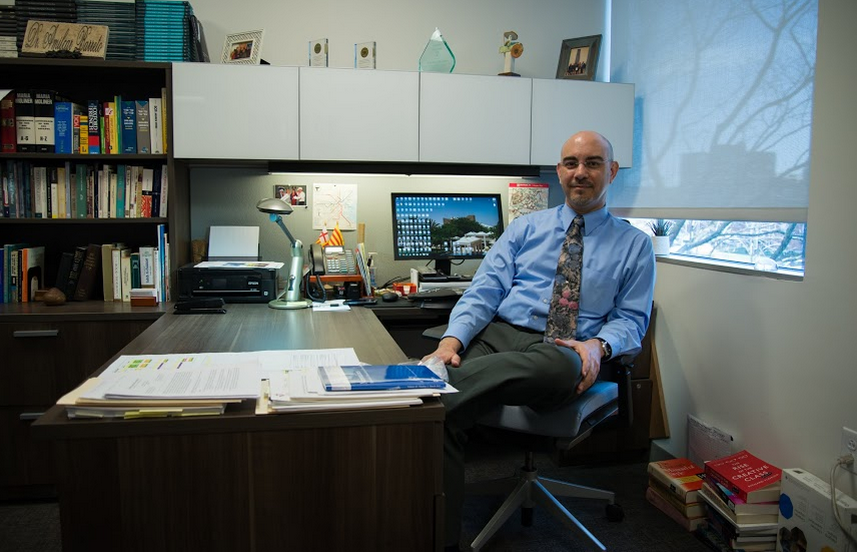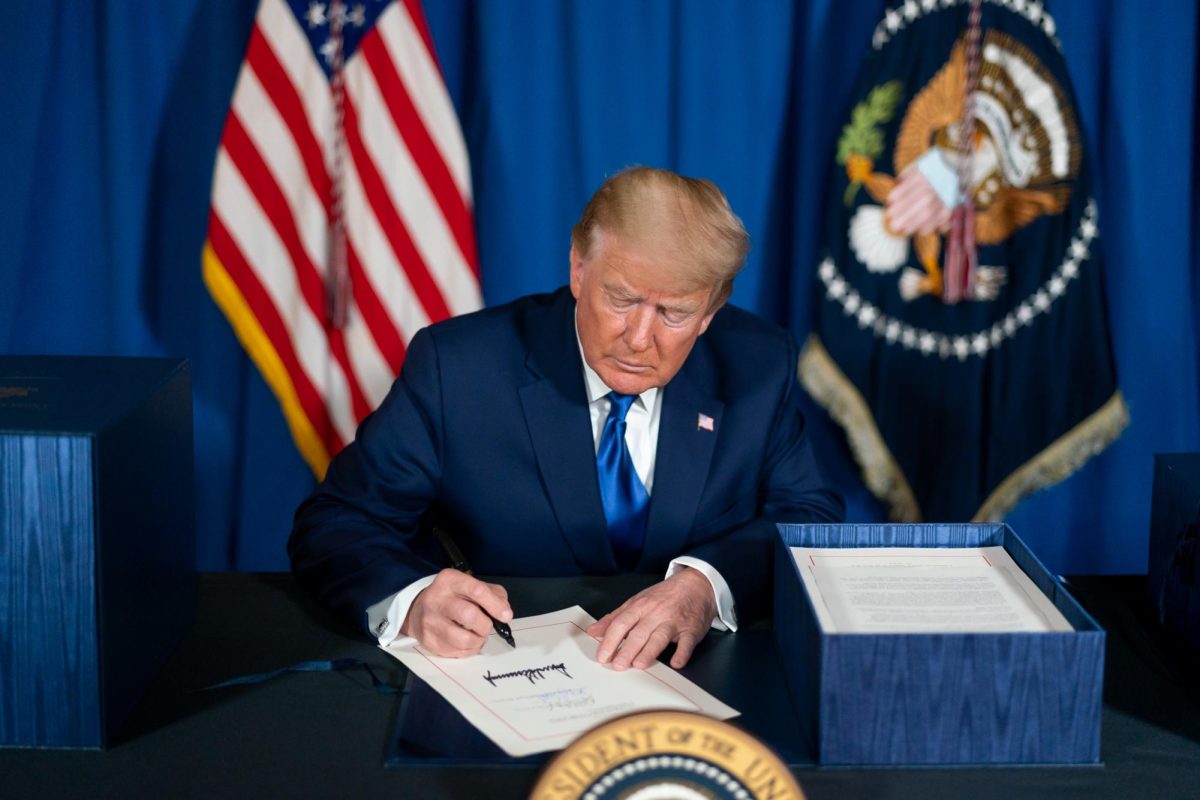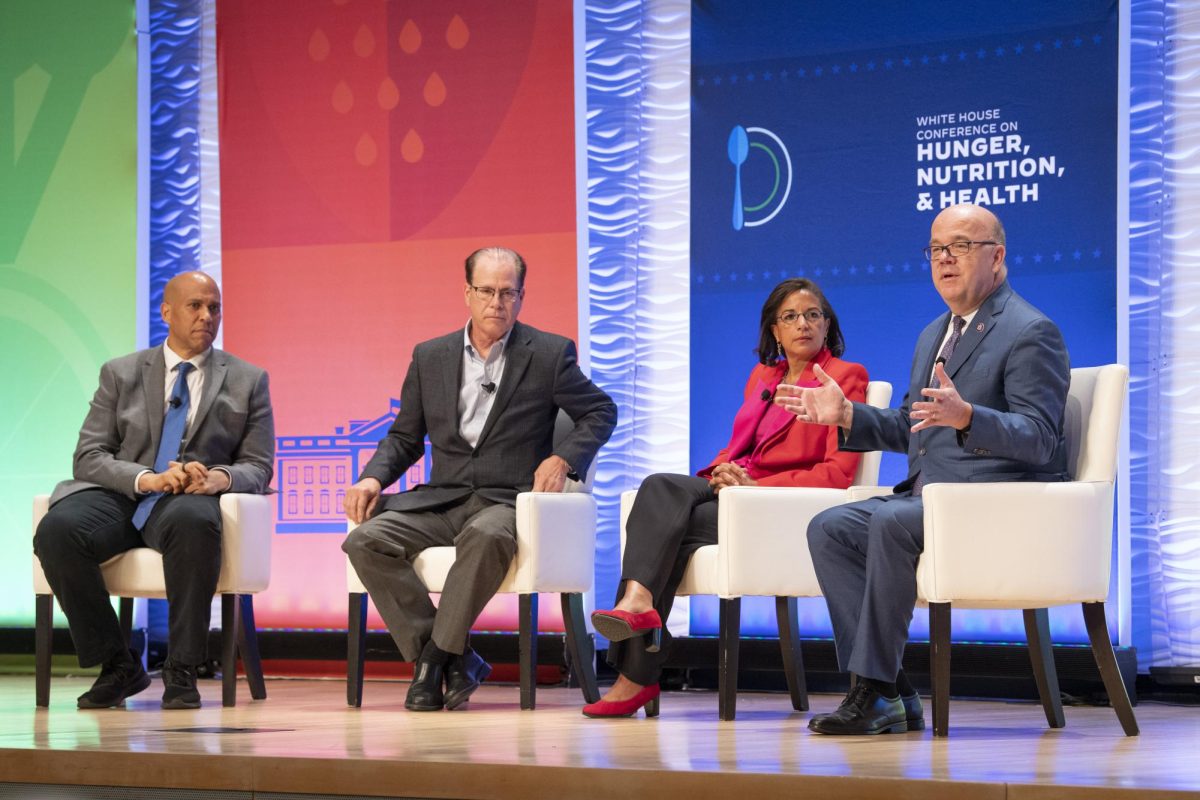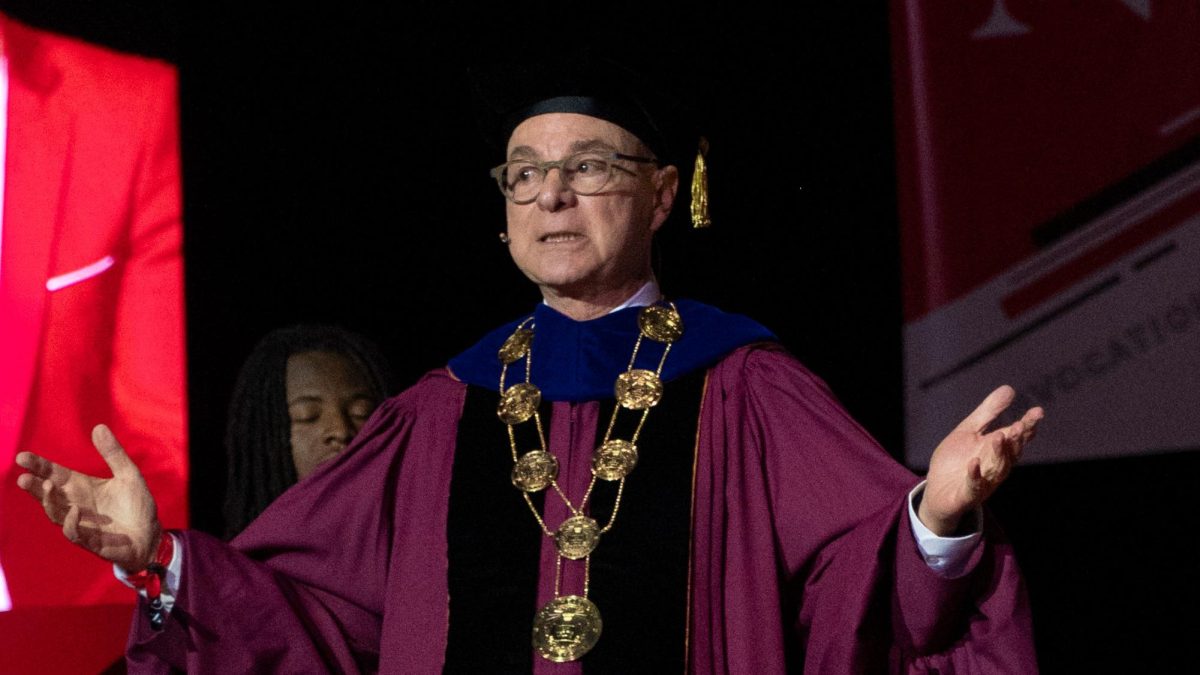By Amanda Hoover, news editor
For those looking to advance their studies in international affairs, a new graduate program through Northeastern could become an enticing option.
Beginning this fall, Northeastern will offer a Master’s of the Arts (M.A.) degree in international affairs for the first time. The program, which will be administratively housed in the School of Public Policy and Urban Affairs, will be a 36-credit interdisciplinary program.
“International affairs started as a modest program and has blossomed into the single largest degree in the College of Social Science and Humanities,” Amílcar Barreto, an associate professor of international affairs and political science who will serve as the director of the new graduate program, said. “Even before the announcement, I had students [who had heard about the possible program] emailing me to ask questions.”
Barreto said that the program has been a popular idea in the department for a few years, and the school is excited to finally be on the path to include it.
The program will have two tracks: development, globalization and social justice and international public policy. The courses offered through these programs will allow students to specialize in their field of study, persuing specific interests in greater depth than in an undergraduate program.
“We have students in international affairs undergraduate studies who are interested in a broad range of careers,” Barreto said. “We built that flexibility into the program.”
To account for the variety of subjects that fall under international affairs, Northeastern’s undergraduate program has taken a more generalized introductory approach to developing coursework geared towards those beginning to study the field.
“I would definitely say that the current undergrad program is too broad for anyone interested in pursuing a serious career in international relations,” Kayla Sledge, a third-year international affairs and economics dual major, said.
While Sledge recognizes that freshman students should receive a wide variety of information to help them start their academic careers, she notes that there aren’t many opportunities to specialize after that.
There is a regional requirement within the major that students must take two courses focused on their chosen region of expertise, but Sledge doesn’t think that’s enough for students to truly become experts on the culture, economics and politics of that region.
“It would be even better if Northeastern improved the undergraduate program to do this instead of creating a whole new program,” Sledge said.
As the school begins to look at applications, they will consider applicants based on the whole picture of their undergraduate studies and prior work or extracurricular activity experience.
“We’re going to look at the entire portfolio. GPA, GRE score, co-op or internship experience and a commitment to what our [program] is interested in,” Barreto said.
For students who received an undergraduate degree from Northeastern, the GRE requirement will be waived.
“I think that the [international affairs] program is pretty strong because of the faculty and all of the networking they can do with connections that they have,” Yani Ngo, a freshman international affairs and economics dual major, said. “I think a Master’s program is a good way to strengthen the program as a whole.”
Barreto said that Northeastern plans to appoint current faculty to teach the new classes, but will work almost exclusively with tenured or tenure-track faculty, as the specific classes require additional, specialized expertise.
“We’re moving to an academic level where you can specialize,” Barreto said. “It’s at a completely different level.”
Photo by Scotty Schenck









